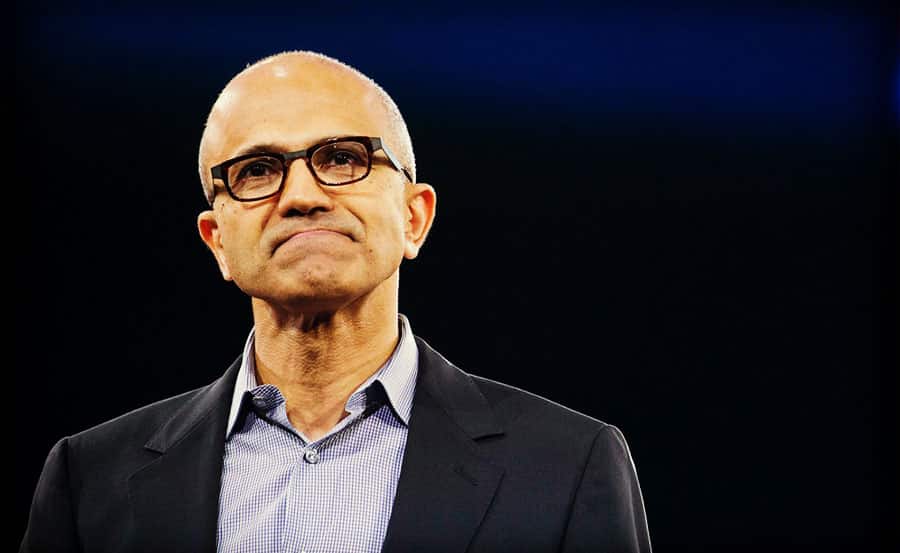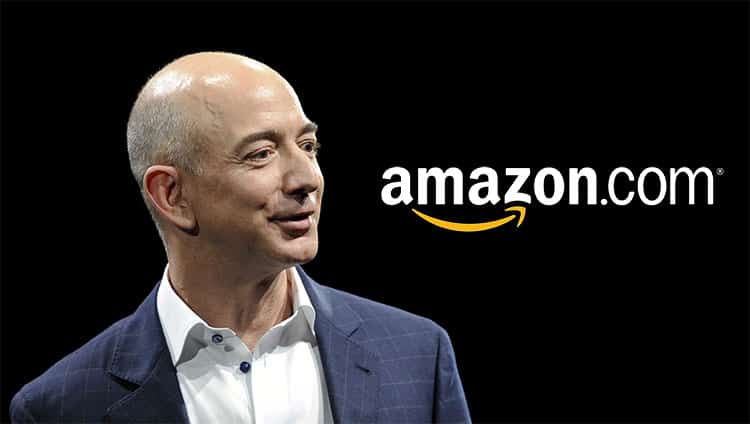What Did the World’s Top Tech CEOs Teach Us About the Impact of AI?

Artificial Intelligence has been in use by companies for a long time for “narrow” or small specific tasks but in the recent past, the masses have come across newer inventions, like home assistants and driverless cars, and other professional applications of AI on the news across social media.
The truth is, AI is a very powerful tool in computing which can increase the efficiency and the magnitude of a computer’s performance by great lengths and we can see it at work quite simply when we run a search across Google which predicts faster than we type.
While the technology has many great benefits, its general use poses threats to our civilization as well if not properly managed, as General AI can outperform human cognitive ability at any given task. Some of the world’s top tech CEOs have also shared their own opinions, knowledge and projections on this amazing and potent technology which are worth musing on for any future enthusiast. These CEOs love AI but are also quite wary of the perils that are attached to it.
Eric Schmidt – Former CEO of Google, Executive Chairman of Alphabet
Google has a more positive outlook on AI compared to many other companies and when Schmidt was the CEO there, he released a statement commenting on how many people have “fanned the fears of AI” and tried to call for immediate measures to curb the happening of a dystopia. However, the former Google CEO revealed in his Fortune Interview that an AI apocalypse may be over hyped but is worth considering. He believes that rather than stressing out about doomsday scenarios a far better approach would be to start working on coming up with solutions.
Google claims to be doing heavy research into AI safety, one example of it would be their big red button, so that AI can be stopped before it endangers anything including itself or a human. Google also has a special AI ethics board to curb the criticism it’s getting at its research and collection of high amounts of data, but it ironically does not reveal who the members of that board are.
Elon Musk – CEO Space X and Tesla
Musk is one of the most noticeable tech pioneers who has voiced his concerns about AI and how it may affect us in the near future. The creator of driverless cars and now semi-trucks and reusable landing rockets, Musk has expressed concern over how a certain company’s (expectedly Google) work on AI is worrisome, at the Recode’s Code Conference. Musk started an open source non-profit company called Open AI to develop AI technology in a safe and transparent way.

Satya Nadella – CEO of Microsoft
According to Nadella, the AI debate shouldn’t be about good vs evil of the technology but rather about the kind of values that need to be introduced to people and institutions who are creating the technology.

Satya Nadella also highlighted in his Slate editorial that the more AI enters our lives the higher its probability will be in impacting us in unknown ways. He thinks that because of this, creators should be more compassionate towards AI while teaching it to be smart. He has four rules for the developers to follow as we move towards creating more AI, these are empathy, creativity, education, and judgment and accountability.
Mark Zuckerberg – CEO of Facebook
Facebook’s CEO Zuckerberg has his own home assistant powered by AI called Jarvis which can do pretty much the same things that other home assistants can mainly do. He wants his AI driven assistant to visualize his data in VR too. Facebook has already introduced AI into our daily lives by introducing Chatbots a while ago.

Facebook will also use AI to customize its community standards according to certain localities where cultural norms are very different, for example how Europe is more accepting towards nudity compared to Asians or Americans. He suggested a large democratic process to determine the standards and then use AI to implement them, which may mean that individuals can choose their preference for violence, profanity, and nudity which will synchronize their experience of the platform accordingly.
Jeff Bezos – CEO of Amazon
Jeff Bezos has interests in many different tech companies that span from e-commerce to rockets, and this top CEO’s views on AI are nothing short of interesting. Bezos believes that all the hype about the impact of AI in the society in the near future is quite overstated. He does agree that since the advent of science fiction it has been a human dream to naturally talk to a computer and make it do things for you, however, he believes that it won’t get much further from our current home assistants. Why? Because according to him, people will always want screens more so such intelligent speaking assistants won’t be replacing phones anytime soon.

Bezos’ letter further said that much of machine learning tasks will be mostly beneath the surface instead of the socially groundbreaking stuff, much similar to how Amazon currently uses it in tasks like product search ranking, demand forecasting, fraud detection, and translations.
Add CEOWORLD magazine to your Google News feed.
Follow CEOWORLD magazine headlines on: Google News, LinkedIn, Twitter, and Facebook.
This report/news/ranking/statistics has been prepared only for general guidance on matters of interest and does not constitute professional advice. You should not act upon the information contained in this publication without obtaining specific professional advice. No representation or warranty (express or implied) is given as to the accuracy or completeness of the information contained in this publication, and, to the extent permitted by law, CEOWORLD magazine does not accept or assume any liability, responsibility or duty of care for any consequences of you or anyone else acting, or refraining to act, in reliance on the information contained in this publication or for any decision based on it.
Copyright 2024 The CEOWORLD magazine. All rights reserved. This material (and any extract from it) must not be copied, redistributed or placed on any website, without CEOWORLD magazine' prior written consent. For media queries, please contact: info@ceoworld.biz
SUBSCRIBE NEWSLETTER








